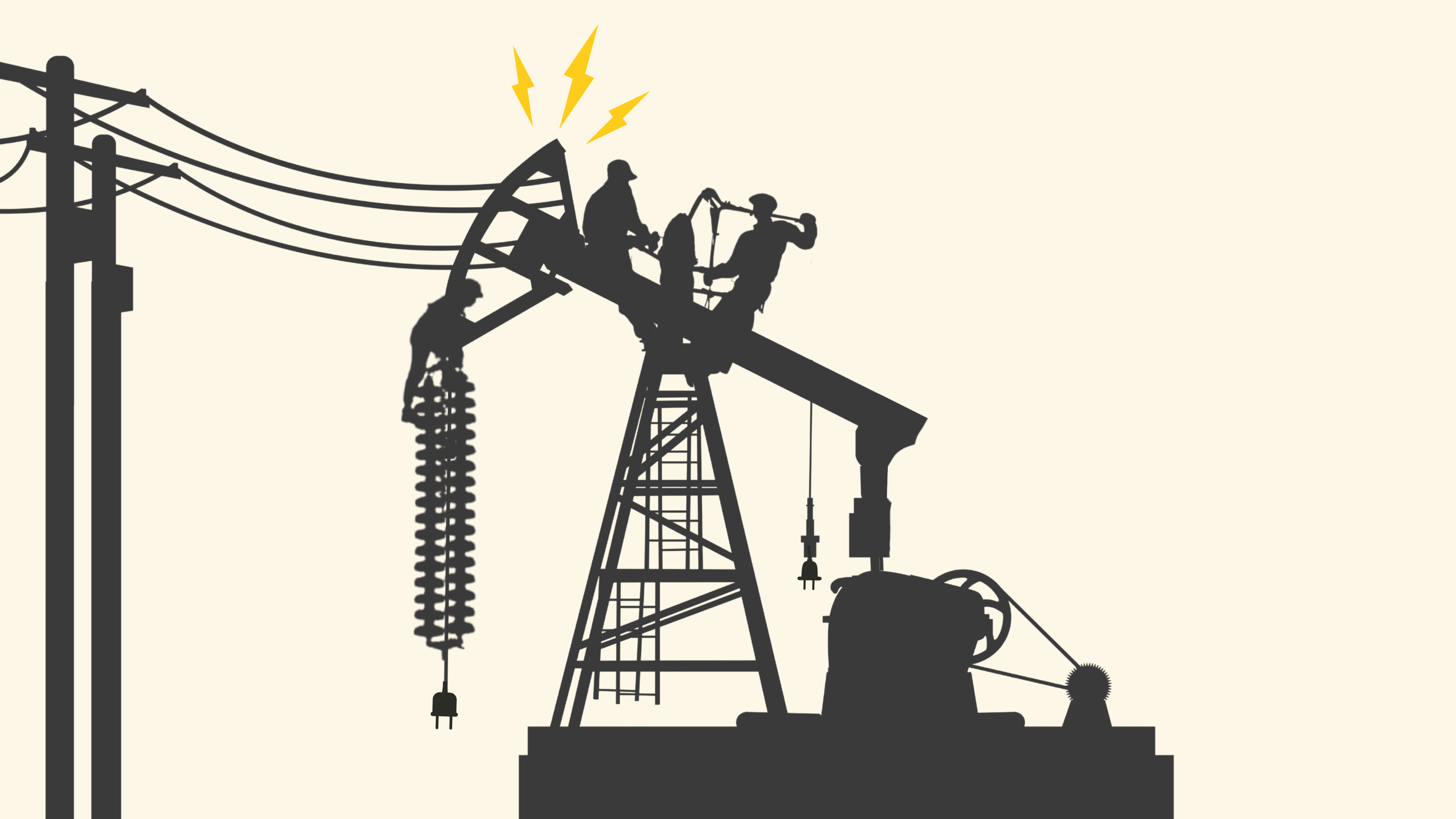Sunday, August 6th
January 28, 2026
In this installment of Helios, Amy Janzwood speaks with Darin Barney about her book Mega Pipelines, Mega Resistance, which examines pipeline politics, social movements, and state power in Canada. Focusing on the Northern Gateway and Trans Mountain expansion projects, their conversation traces why pipelines become sites of democratic conflict, how resistance takes shape across Indigenous nations, environmental organizations, and local communities, and how regulators and governments structure extractive outcomes. Together, they discuss infrastructure as a political object, the constraints of regulatory participation, and the conditions under which large-scale resistance forms in periods of renewed extractivism.
Melanie Dennis Unrau shares a poem from her new collection, "Goose," and offers some context for it in the life and writing of an unlikely worker-poet, Sidney Clarke Ells, the self-styled “father of the tar sands.” Unrau's work examines how literary form registers the contradictions of settler attachment, ecological destruction, and nation-building at the origins of the tar sands, and what it means to read, and remake, those texts now.
In this Author’s Note, Josephine Taylor outlines the intellectual and ethical foundations of her recent book, The Nonhuman Narratives of Energy, tracing how animal life has been rendered absent within dominant energy narratives. Drawing on animal studies, energy humanities, and science fiction, she argues for an ethics of witnessing multispecies vulnerability as a way to rethink extraction, petroculture, and the possibilities of a world after oil.
Joel Duncan turns to Gary Snyder’s Turtle Island to think through life within petromodernity. Centering on “Why Log Truck Drivers Rise Earlier Than Students of Zen,” Duncan's essay, like his new book (Poetic Drive), treats poetry as a site of attention to entangled, fossil-fueled life, where responsibility and the possibility of change emerge from sustained presence rather than distance.
Mariel Kieval analyzes Kazakhstan’s state museums as cultural sites where fossil fuels continue to structure national identity, even as the government promotes a green transition. Drawing on fieldwork across multiple cities, the piece shows how exhibitions and artworks valorize oil while sidelining labor unrest and environmental harm, revealing how energy transition remains culturally unresolved.

June 6, 2025
.png)
June 6, 2025

April 25, 2025

April 1, 2025

